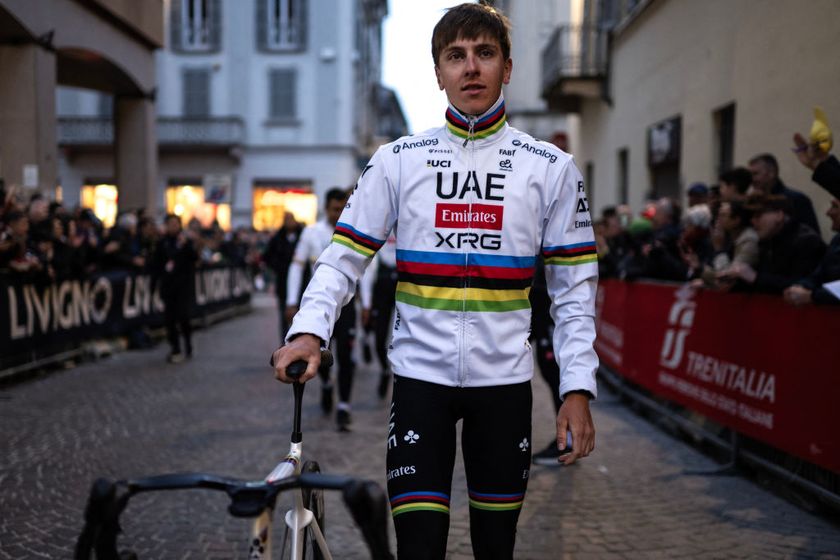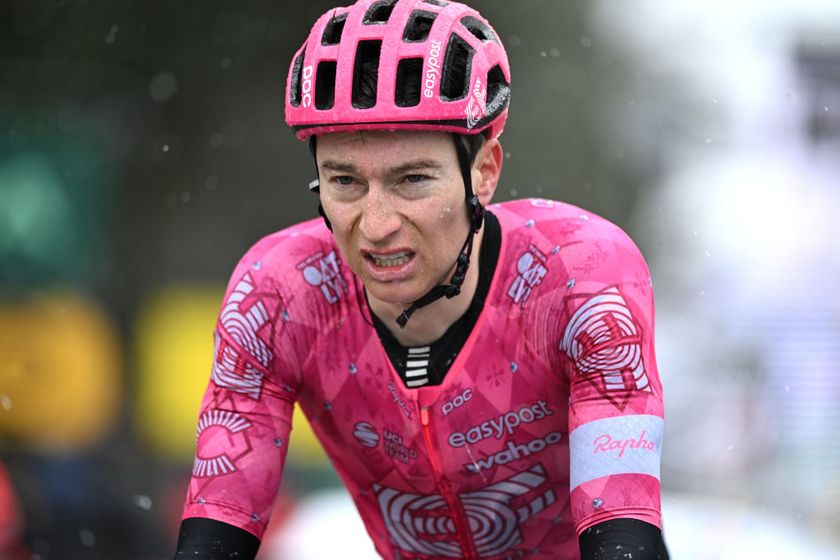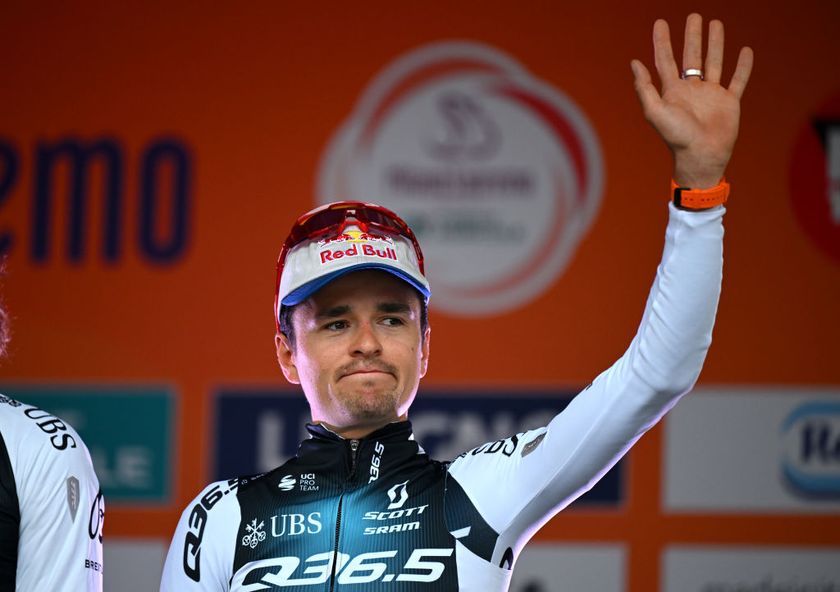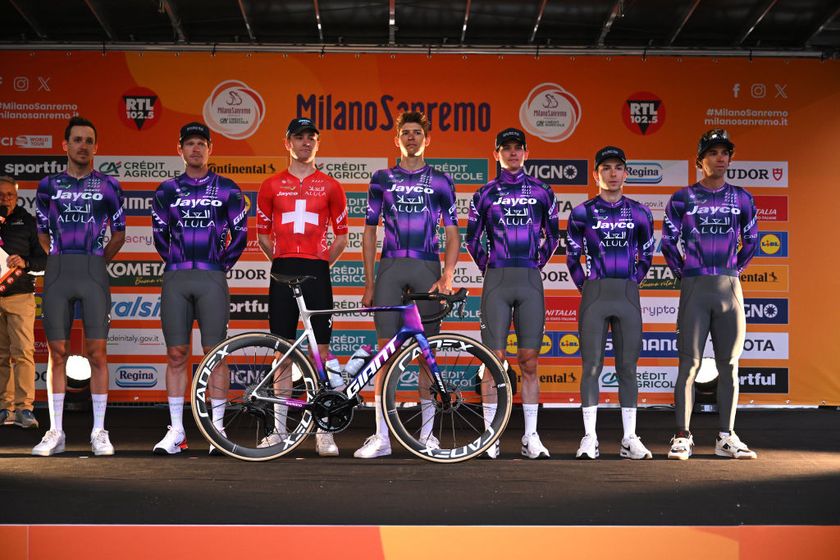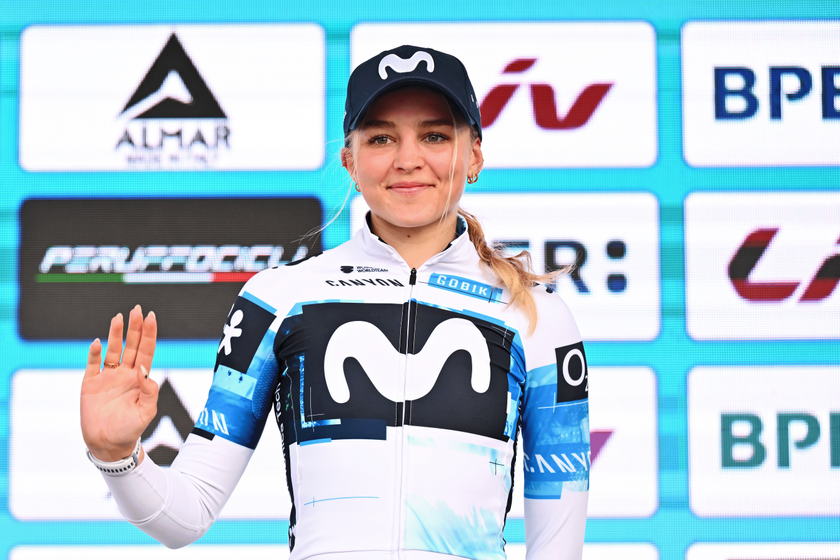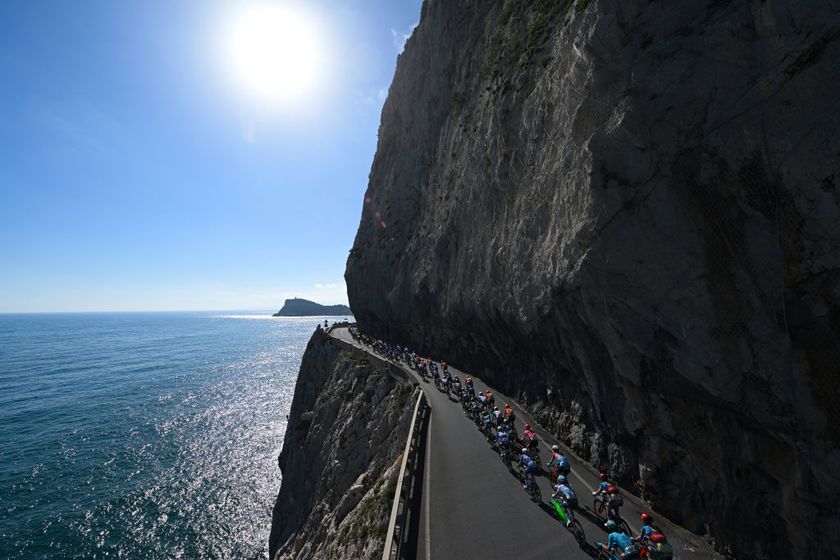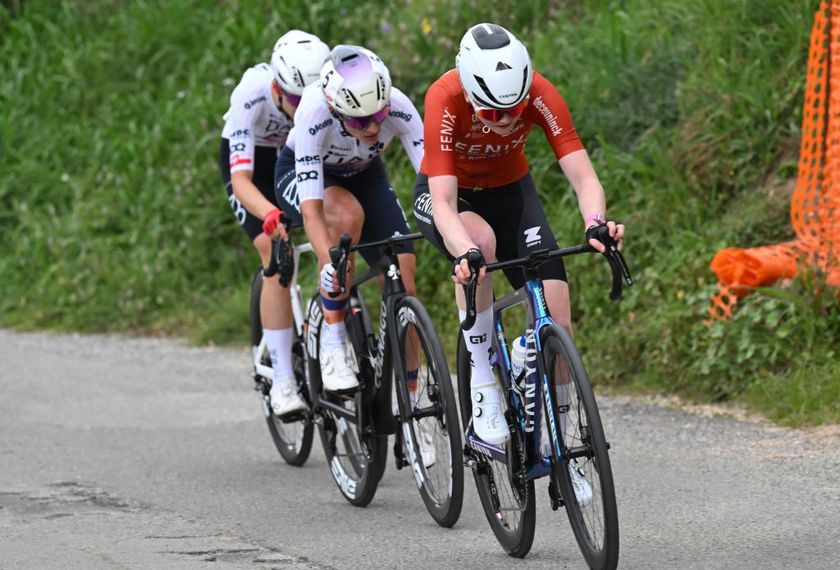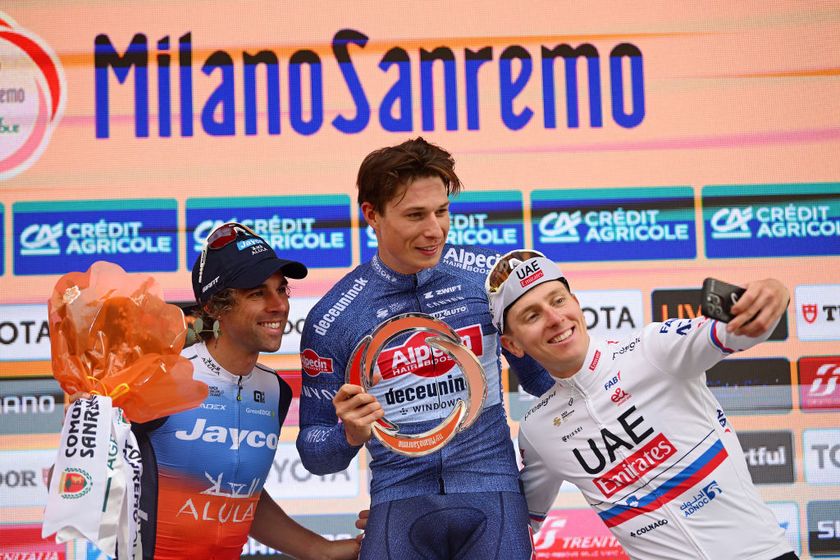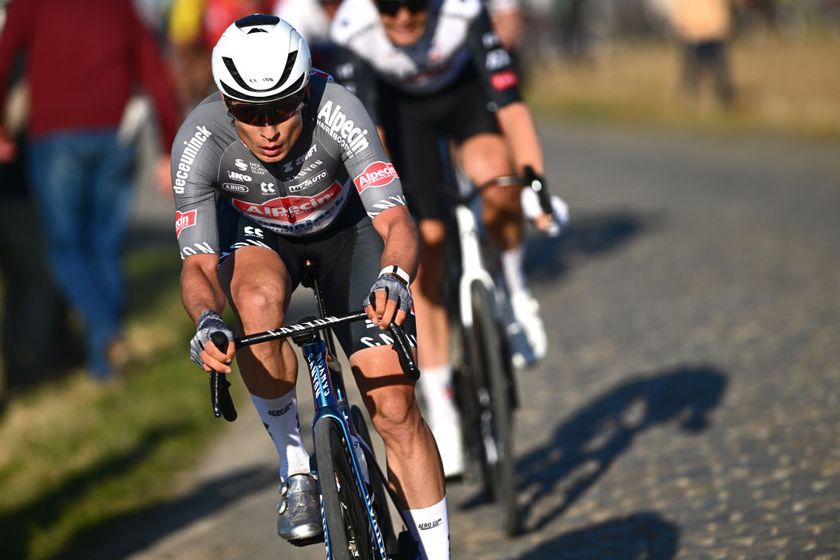2015 Vuelta a España concentrates summit finishes in first two weeks
No Angliru or Lagos de Covadonga but Pyrenees return










The 2015 Vuelta a España will concentrate all of its nine mountain top finishes in the first two weeks of racing, with the high point of the final week a long time trial in Burgos on stage 17. But if a large dose of climbing is a key element of most recent edition of the Vuelta, next autumn’s race will have some guaranteed unfamiliarity, given that none of the 2015 Vuelta’s summit finishes have ever previously been tackled in the 80-year-old race.
Details of the route were presented in Torremolinos on Spain’s southern Costa del Sol coastline on Saturday, which will host the start in Puerto Banús on Saturday August 22. The three week Grand Tour will end in Madrid on September 13.
2014 winner Alberto Contador (Tinkoff-Saxo) has indicated that he will not defend his victory in 2015 after targeting the Giro d'Italia and Tour de France. However the mountians could see a battle between Nairo Quintana (Movistar), Chris Froome (Team Sky), Vincenzo Nibali (Astana) and Daniel Martin (Cannondale-Garmin).
The race’s most difficult stage, the eleventh and the Vuelta’s exact mid-point, will be raced entirely in the Pyrenean mountain mini-state of Andorra. Featuring no less than 5,200 metres of vertical climbing in just 138 kilometres, and coming straight after the first rest day, traditionally a treacherous moment for some riders, stage 11 will culminate in the 15km ascent to Els Cortals de Encamp. Combined with three summit finishes in the north of Spain at the end of the second week in the mountains of Cantabria and Asturias, a climbing specialist is all but certain to be leading overall after the ascent to the Ermita del Alba hermitage on stage 15.
However, rather than retain the emphasis on climbing - as happens in the third week both of the 2015 Tour de France and Giro d’Italia - the Vuelta will then have an intriguing twist. For the first time since the opening team time trial, the final week gives the time trial experts a chance to gain seconds, if not minutes, on their rivals. A lengthy race against the clock around the flatlands of Burgos will put the climbers very much on the defensive. Fortunately the stages to Avila and Cercedilla through the Sierras west of Madrid may give them an opportunity to strike back, but the lack of summit finishes in the third week may limit their opportunities.
The 2015 Vuelta is set to repeat its 2014 team time trial start in Andalusia, Spain’s most southerly region. Rather than inland, at the horse-breeding and sherry-making town of Jerez de la Frontera like last September, the 2015 Vuelta begins on the Mediterranean coast, in the glitzy coastal resort of Porto Banus.
The Vuelta remains in Andalusia for another three stages, wending its way eastward with two short but tricky ascents at Caminito del Rey and Vejer on stages two and four. By far the hardest ascent of this first week will be in Capilleira, a narrow, twisting ascent on very rough roads in the Alpujarras mountains south of Granada. The hot Andalusian August weather will likely make it even more difficult.
Get The Leadout Newsletter
The latest race content, interviews, features, reviews and expert buying guides, direct to your inbox!
A long grind up Spain’s eastern seaboard then ensues, although the Col de Gallo climb on stage eight makes matters complicated for the sprinters wanting to win in Murcia. Stage nine’s tricky ascent to Cumbre del Sol high above the Alicante coastline precedes a more traditional, flatter stage from Valencia up the coast to Castellon. The 2015 Vuelta will offer seven days of flat stages to tempt back sprinters such John Degenkolb (Giant-Alpecin), who dominated the bunch sprints last year.
The second week heralds the return of the Pyrenees, but the riders may be worried about bad weather as much as the climbs on their mind. If the freezing weather of 2013’s Andorra Vuelta stage is repeated, it could see a larger-than-usual percentage of abandons, like the 14 that quit that year, several with hypothermia. Once out of the Pyrenees and into northern spain, the absence of familiar climbs like the Angliru and the Lagos de Covadonga at the end of the second week will also help contribute to the unpredictability of the Vuelta’s middle section.
Vuelta a España 2015 stages:
Saturday August 22nd Stage one: Porto Banus - Marbella (7.4km team time trial)
Sunday August 23rd stage two: Alhaurin de la Torre - Caminito del Rey (mountain finish 1)
Monday August 24th stage three: Mijas - Malaga
Tuesday August 25th stage four: Estepona - Vejer de la Frontera (mountain finish 2)
Wednesday August 26th stage five: Rota - Alcalá de Guadáira
Thursday August 27th stage six: Cordoba - Cazorla (mountain finish 3)
Friday August 28th: stage seven: Jodar - Capilleira (mountain finish 4)
Saturday August 29th: stage eight: Puebla de Don Fabrique - Murcia
Sunday August 30th: stage nine: Torrevieja - Cumbre del Sol (mountain finish 5)
Monday August 31st: stage 10: Valencia - Castellon
Tuesday September 1st: Andorra (rest day 1)
Wednesday September 2nd: stage 11: Andorra - Els Cortals de Encamp (mountain finish 6)
Thursday September 3rd: stage 12: Andorra - Lleida
Friday September 4th: stage 13: Catalayud - Tarazona
Saturday September 5th: stage 14: Vitoria - Fuente del Chivo (mountain finish 7)
Sunday September 6th: stage 15: Comillas - Jitu de Escarandi (mountain finish 8)
Monday September 7th: stage 16: Luarca - Ermita del Alba (mountain finish 9)
Tuesday September 8th: Burgos (rest day 2)
Wednesday September 9th: stage 17: Burgos - Burgos: individual time trial (39km)
Thursday September 10th: stage 18: Roa de Duero - Riaza
Friday September 11th: stage 19: Medina del Campo - Avila
Saturday September 12th: stage 20: San Lorenzo de El Escorial - Cercedilla
Sunday September 13th: stage 21: Alcalá de Henares - Madrid.
Alasdair Fotheringham has been reporting on cycling since 1991. He has covered every Tour de France since 1992 bar one, as well as numerous other bike races of all shapes and sizes, ranging from the Olympic Games in 2008 to the now sadly defunct Subida a Urkiola hill climb in Spain. As well as working for Cyclingnews, he has also written for The Independent, The Guardian, ProCycling, The Express and Reuters.
